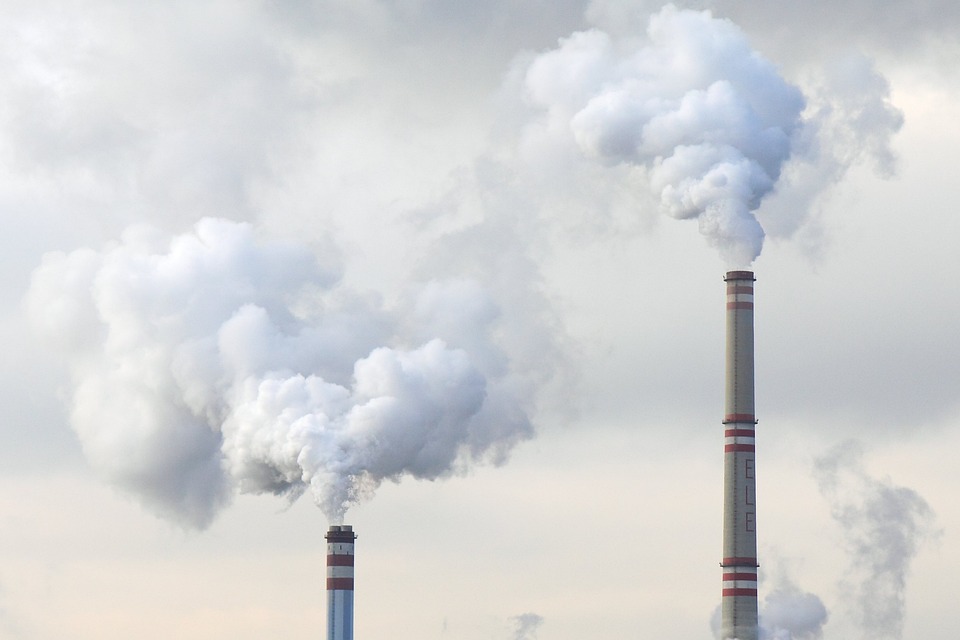EPA to Strengthen Fine Particle Pollution Standards
The U.S. Environmental Protection Agency (EPA) is proposing a policy that will make the national ambient air quality standard (NAAQS) for fine particle pollution, PM2.5, more stringent. The current primary annual PM2.5 standard is 12 micrograms per cubic meter, with the proposal bringing it down to between 9 and 10 micrograms per cubic meter. If EPA decides to change the standard to 9 micrograms per cubic meter, it is expected that there will be around 4,200 fewer premature deaths and 270,000 fewer lost workdays each year, and that in the year 2032, there could be net health benefits of up to $43 billion.
What Other Revisions Is EPA Proposing?
Aside from the new proposed NAAQS for PM2.5, EPA also plans on revising monitoring requirements and the Air Quality Index, among other PM standards. In addition, EPA is open to comments on the 24-hour PM2.5 standard: it is proposing to keep the current standard of 35 micrograms per cubic meter, but is open to comments on lowering the standard to 25 micrograms per cubic meter.
Why Is This Proposed Rule Important?
The goal of the EPA’s proposed policy is to better protect communities that are affected by PM2.5. Exposure to PM2.5 can increase risks of cardiovascular and respiratory health issues. People with pre-existing heart and lung conditions are more at risk while exposed to PM2.5. Additionally, disadvantaged communities are more likely to be affected by air pollution and therefore are more likely to be affected by PM2.5.
Public Comments
After the proposal is published in the Federal Register, EPA will open the proposed changes to public comments for 60 days. There will also be virtual public hearings held on some days between the times of 11:00 am Eastern Time and 7:00 pm Eastern Time.
If you have questions or concerns about how these proposed air quality standards will affect you or your facility, Walden is ready to help. Please call 516-588-6859 to speak to one of our air quality experts.

Read about another recent EPA proposed rule, aimed at decreasing the use of HFCs, here. Contact Walden at 516-588-6859 to get in touch with an air quality expert.
